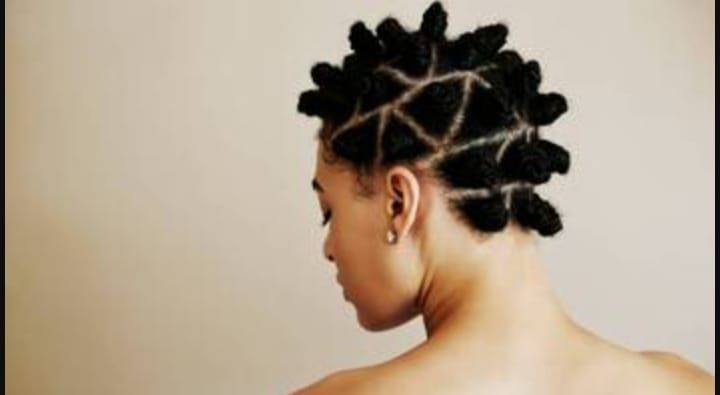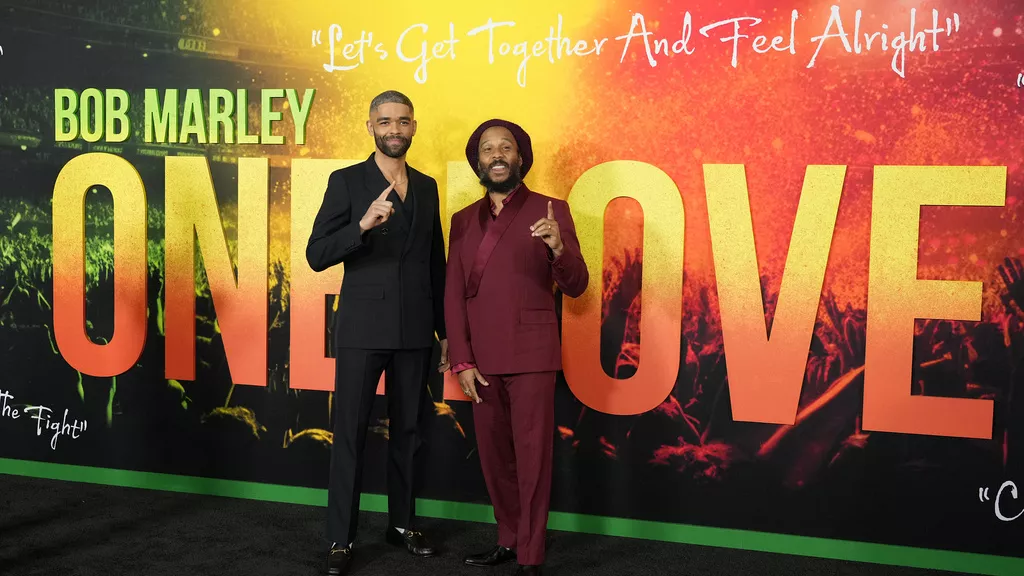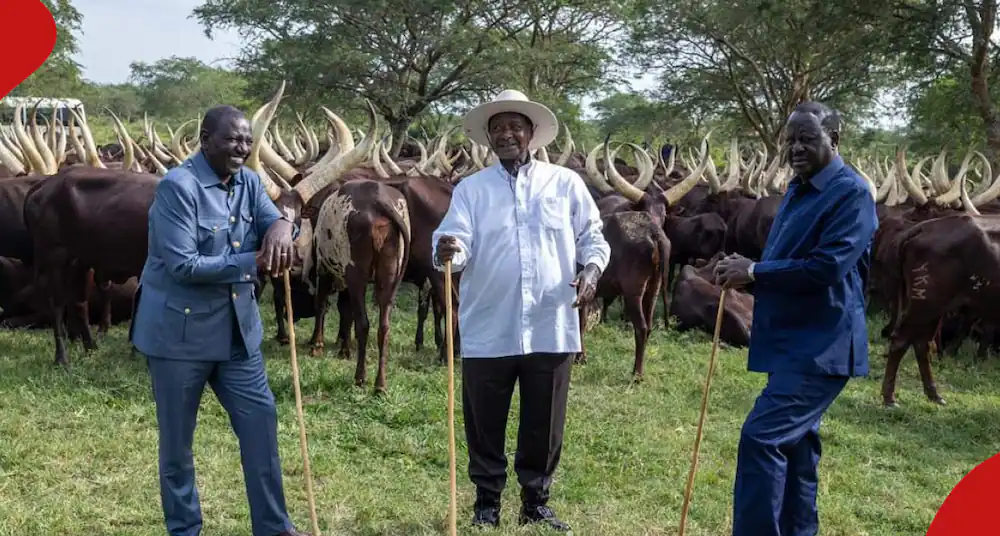Bantu knots, a traditional African hairstyle with deep cultural roots, have become a prominent and celebrated fashion statement globally. Originating from the Bantu ethnic groups of sub-Saharan Africa, these knots carry a rich history that intertwines with the diverse tapestry of African heritage. Beyond being a fashionable choice, Bantu knots are a symbol of identity, culture, and self-expression.
The origin and cultural significance
The term “Bantu” refers to a group of closely related ethnic groups in Africa, sharing linguistic and cultural similarities. The Bantu people hail from regions such as Central Africa, East Africa, and Southern Africa, and their intricate hairstyles, including Bantu knots, hold cultural significance. Historically, these hairstyles conveyed social status, age, marital status, and even specific tribal affiliations within the diverse Bantu communities.
Read also: All you need to know about hair discrimination in US and CROWN Act
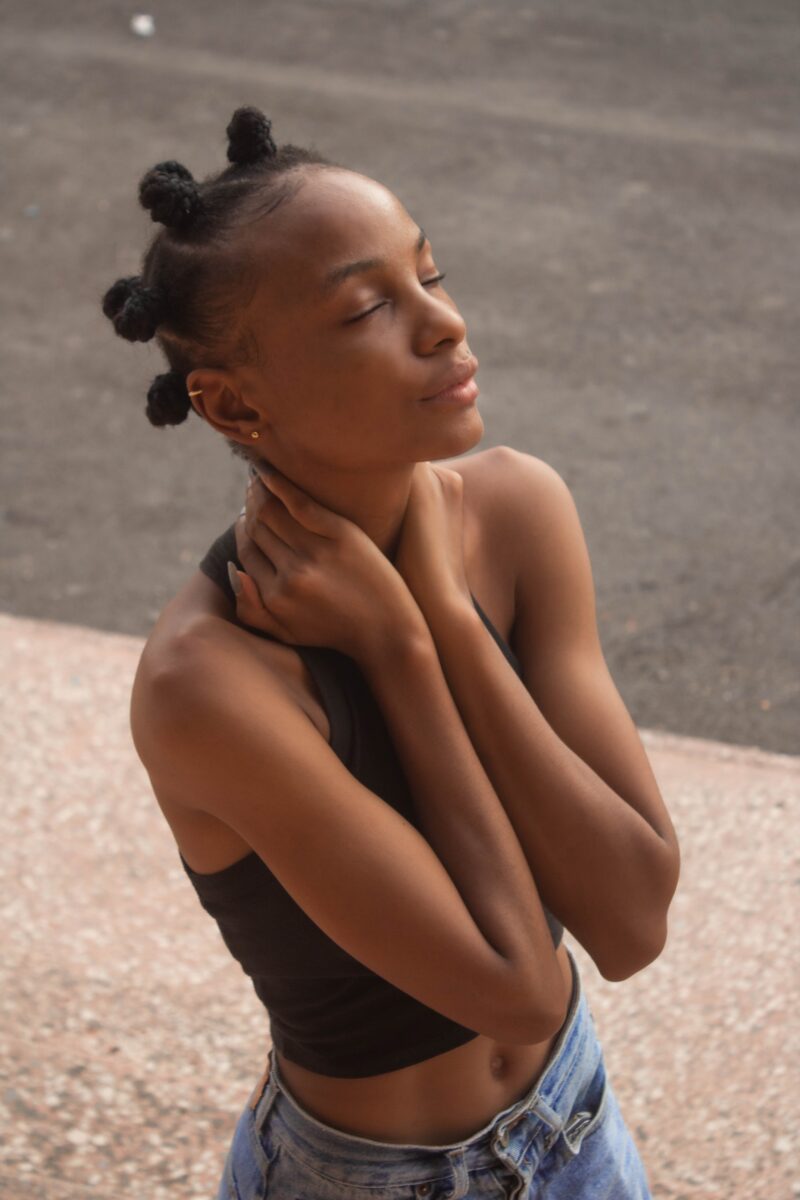
The technique
Bantu knots are made by sectioning the hair into small portions and twisting each section tightly to form a knot. The knots can vary in size, from small and intricate to larger, bolder knots, depending on personal preference. The process involves winding the twisted hair around itself, securing it at the base, and creating a distinctive coiled pattern.
Versatility and modern adaptations
While deeply rooted in tradition, Bantu knots have evolved over time, transcending cultural boundaries to become a versatile and fashionable hairstyle. This adaptability has made Bantu knots a popular choice among people of various ethnic backgrounds who appreciate the beauty and uniqueness of this style.
Read also: 5 stunning and effortless braided hairstyles for African hair
Modern variations include combining Bantu knots with other hairstyles, such as cornrows or braids, creating visually striking and intricate patterns. Additionally, individuals often adorn their knots with beads, cowrie shells, or colorful threads, adding a personalized touch to this hairstyle.
Cultural appreciation vs. appropriation
As Bantu knots gain popularity, it is crucial to address the distinction between cultural appreciation and cultural appropriation. While many embrace Bantu knots as a form of self-expression and celebration of African culture, it is essential to acknowledge and respect the hairstyle’s historical and cultural roots. Misappropriation occurs when the style is disconnected from its cultural context, leading to misunderstandings and potential offense.
The impact on identity and empowerment
For individuals with African heritage, embracing Bantu knots can be a powerful assertion of identity and cultural pride. The hairstyle fosters a sense of connection to one’s roots, providing a visual representation of heritage and history. In a world where beauty standards often lean towards Eurocentric ideals, Bantu knots empower individuals to redefine beauty on their terms, embracing the uniqueness of their hair texture and style.
Cultural preservation
Bantu knots serve as a living testament to the resilience and endurance of African culture. As the global diaspora continues to spread, Bantu knots play a role in maintaining and promoting cultural heritage. Through the passing down of styling techniques, the significance of the knots transcends generations, ensuring that the beauty and history of this hairstyle remain vibrant and relevant.
Read also: Black New Jersey female officer sues police department for hair discrimination
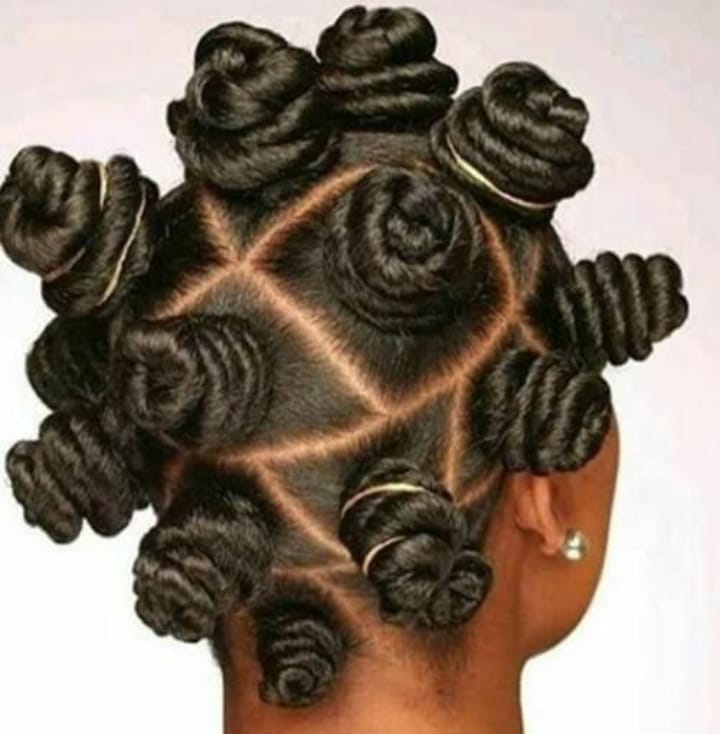
In conclusion, Bantu knots are a cultural statement, a form of self-expression, and a celebration of African heritage. From their traditional origins within the Bantu communities to their contemporary popularity across the globe, Bantu knots continue to weave a story of identity, empowerment, and cultural pride. Bantu knots stand as a timeless symbol of cultural richness and the enduring legacy of the Bantu people.

